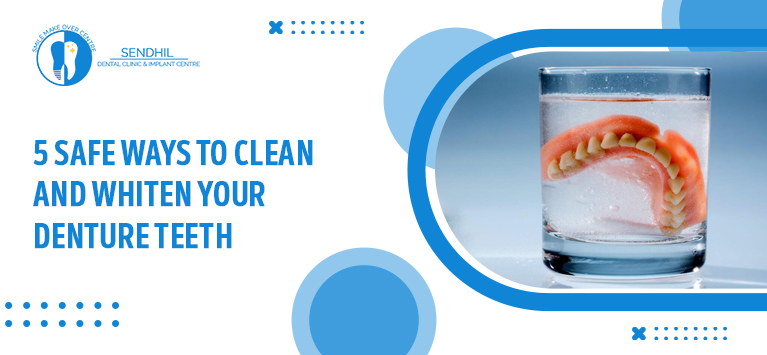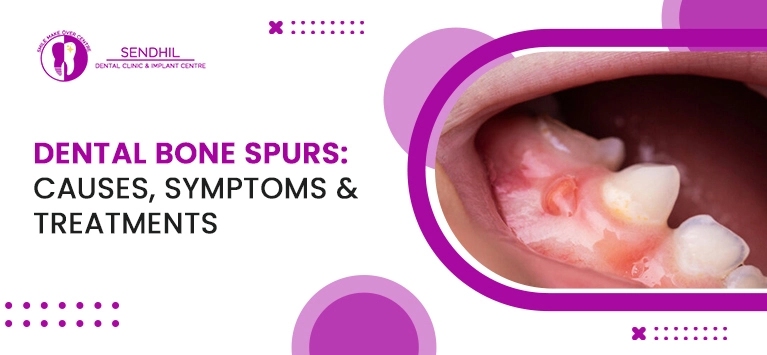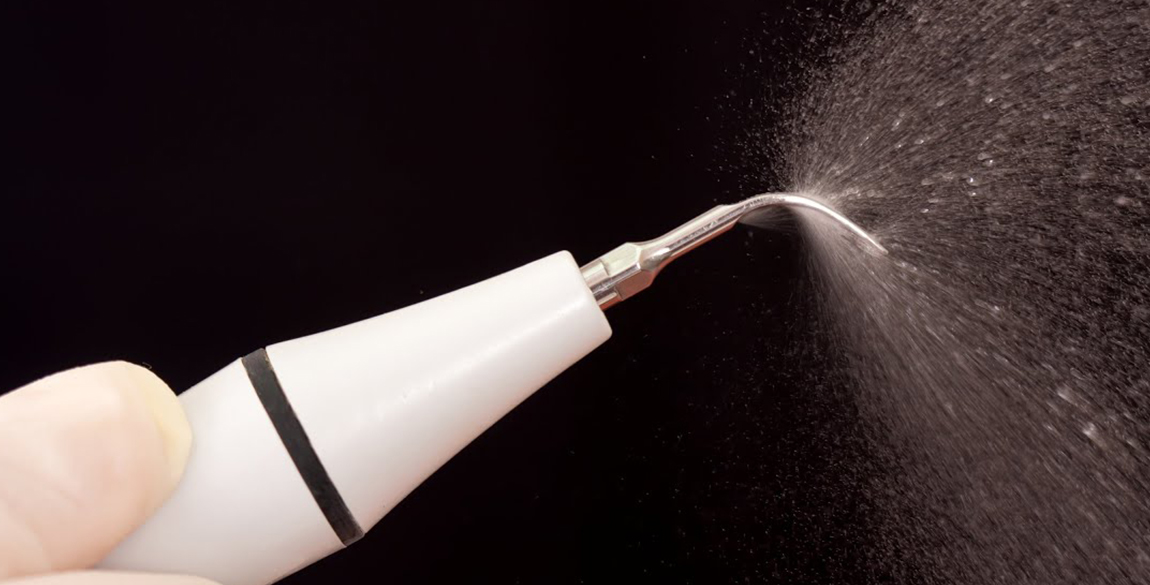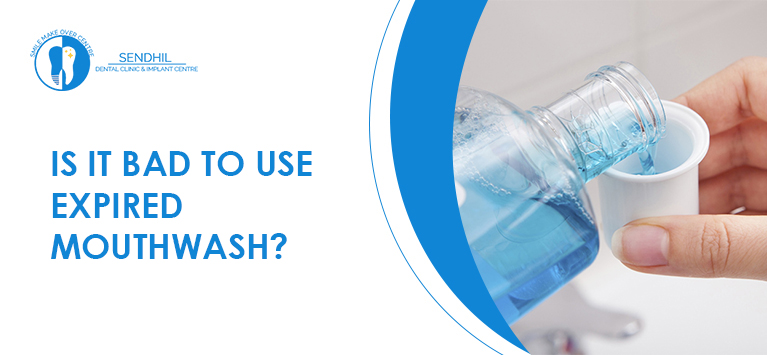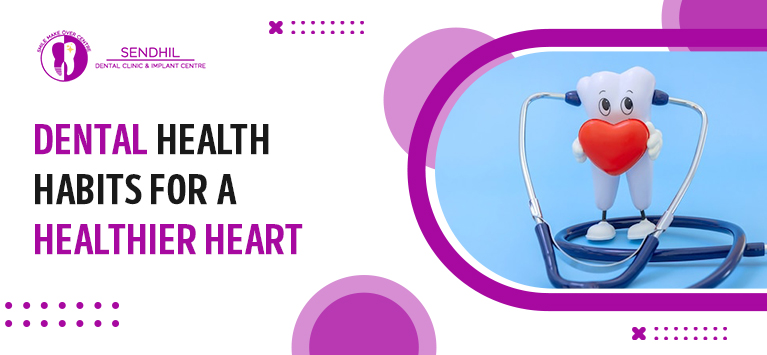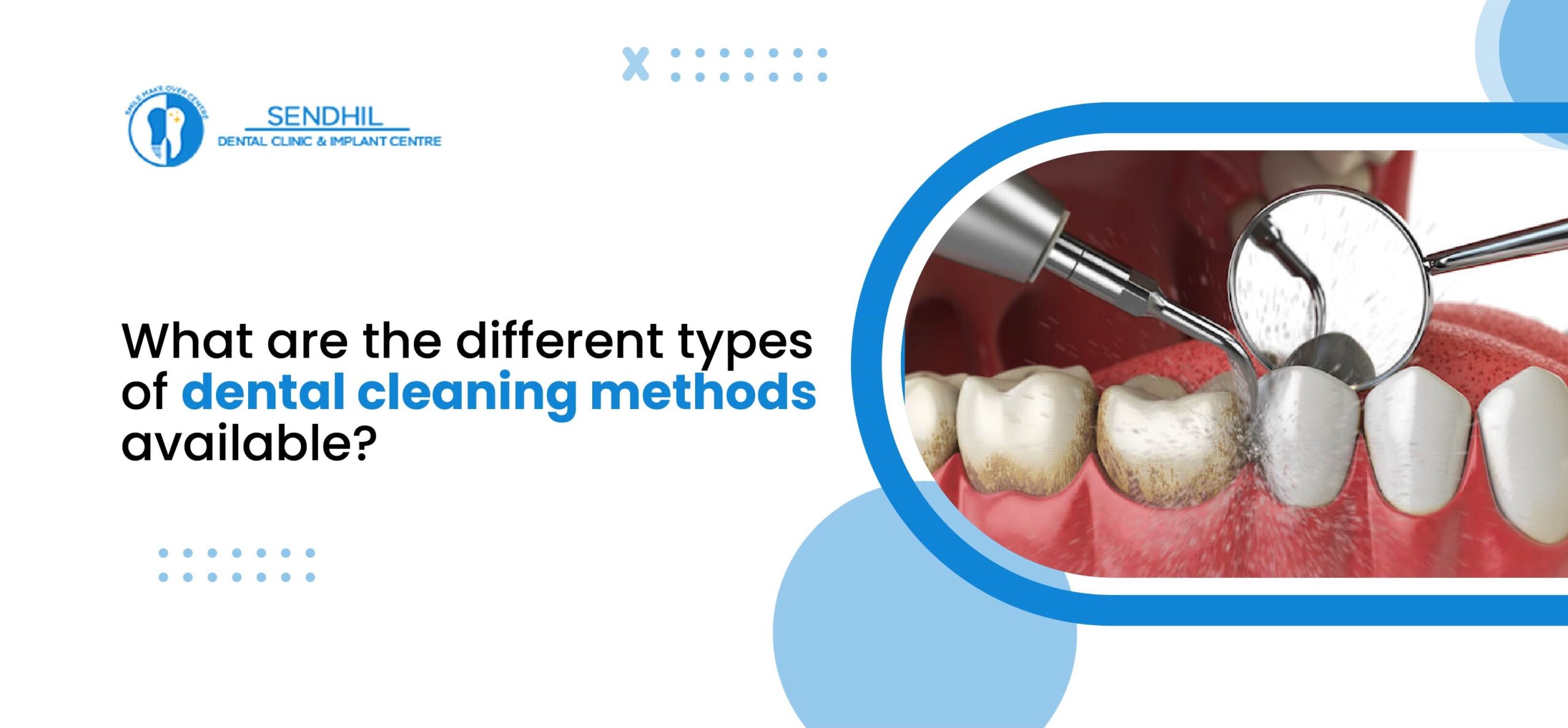Health risks associated with snoring
Snoring is the hoarse or harsh sound that occurs when air flows past relaxed tissues in your throat, causing the tissues to vibrate as you breathe. Nearly everyone snores now and then, but for some people it can be a chronic problem. Sometimes it may also indicate a serious health condition.
Snoring can be caused by a number of factors, such as the anatomy of your mouth and sinuses, alcohol consumption, allergies, a cold, and your weight. When you doze off and progress from a light sleep to a deep sleep, the muscles in the roof of your mouth (soft palate), tongue and throat relax. The tissues in your throat can relax enough that they partially block your airway and vibrate. The more narrowed your airway, the more forceful the airflow becomes. This increases tissue vibration, which causes your snoring to grow louder.
Snoring is one obvious sign that you have sleep apnea, but it’s not the only symptom. What’s more, snoring, itself, may be a risk factor for cardiovascular disease. Compared with non-snorers, snorers—even those without sleep apnea—are more likely to experience thickening or abnormalities in the carotid artery. These changes in the artery can lead to atherosclerosis, a hardening of the arteries that is involved in several vascular diseases.
Some of the causes of snoring and their effects are relatively benign and can easily be remedied by simple things such as changing your sleeping posture or moderating your alcohol consumption. However, snoring can also be a red flag of a much more serious health issue, one that left untreated, could be fatal: obstructive sleep apnea.
Table of Contents
Health Risks of Sleep Apnea
1) Strain on Heart
Untreated obstructed sleep apnea often results in high blood pressure, which can lead to an increase in heart size creating a higher risk for heart attacks and strokes.
2) Arrhythmias
People with sleep apnea run the risk of a higher chance of having cardiac arrhythmias, most commonly of which is atrial fibrilation. These are fluctuations in the hearts natural rhythm in which the heart may beat too fast, too slow, or irregularly. While arrhythmias are common and often nonthreatening, when they are coupled with sleep apnea they can be cause for serious cardiac concern.
3) GERD (Gastroesophageal Reflux Disease)
GERD is a chronic digestive disease in which stomach acids back up into the esophagus and irritate its tender lining. Because of the disordered way a snorer or sleep apnea sufferer’s throat closes as air moves in and out of the lungs, changes in pressure can cause stomach acids to backup into the esophagus during sleep.
4) Low oxygen levels in the blood
If you’re not breathing regularly your body isn’t getting the levels of oxygen in the blood stream that it needs. This can cause constricted blood vessels in the lungs, which may lead to pulmonary hypertension if left untreated.
5) Long interruptions of breathing
One of the most common effects of obstructive sleep apnea is frequent interruptions of breathing. If an interruption in breathing lasts more than 10 seconds and is frequent throughout the night, which can lead to frequent waking from sleep.
6) Light sleeping
Many sufferers of untreated obstructive sleep apnea end up sleeping lightly as a way of attempting to try and keep their throat muscles tense enough to maintain airflow.
7) Excessive Daytime sleepiness
This can affect both those that snore and those that sleep next to snorers. Not getting enough sleep throughout the night on a regular basis causes many to feel tired and drowsy during the day. The side effects of daytime sleepiness can range from poor work performance to personal injury. Lack of sleep results in a decrease of awareness and reaction time making drowsy driving extremely dangerous.
8) Chronic headaches
Snorers often report frequent morning headaches, which are due to the alterations in the levels of oxygen and carbon dioxide in the bloodstream.


